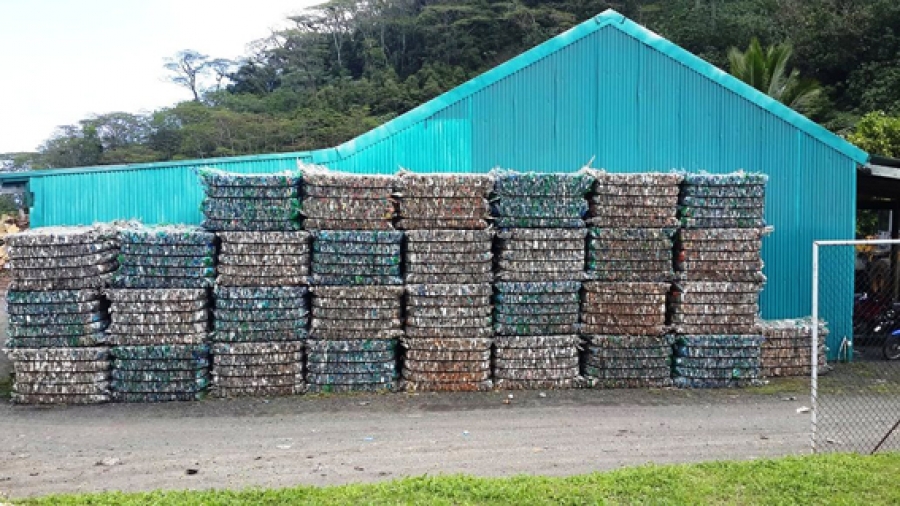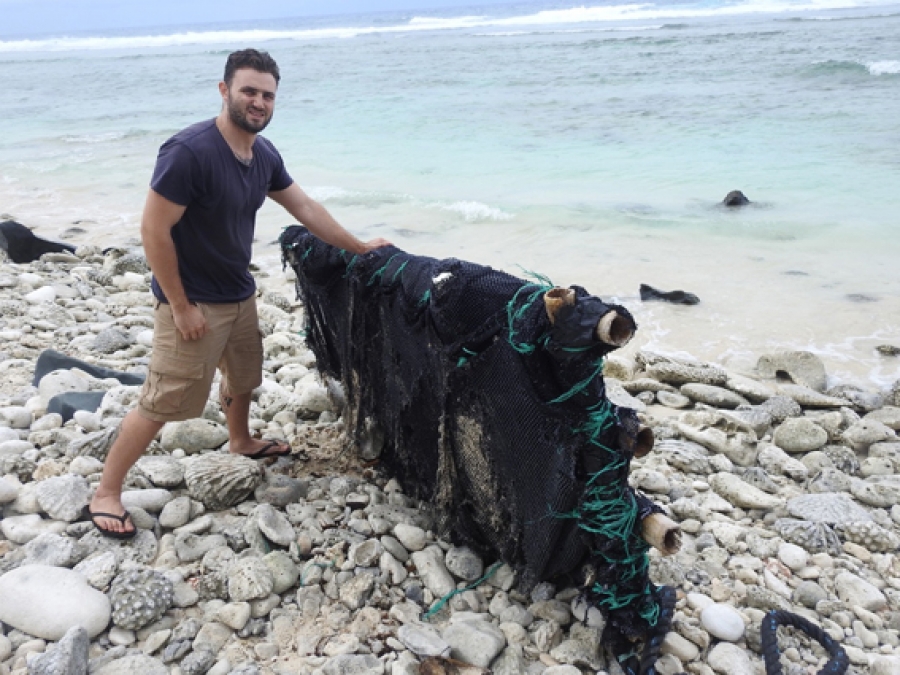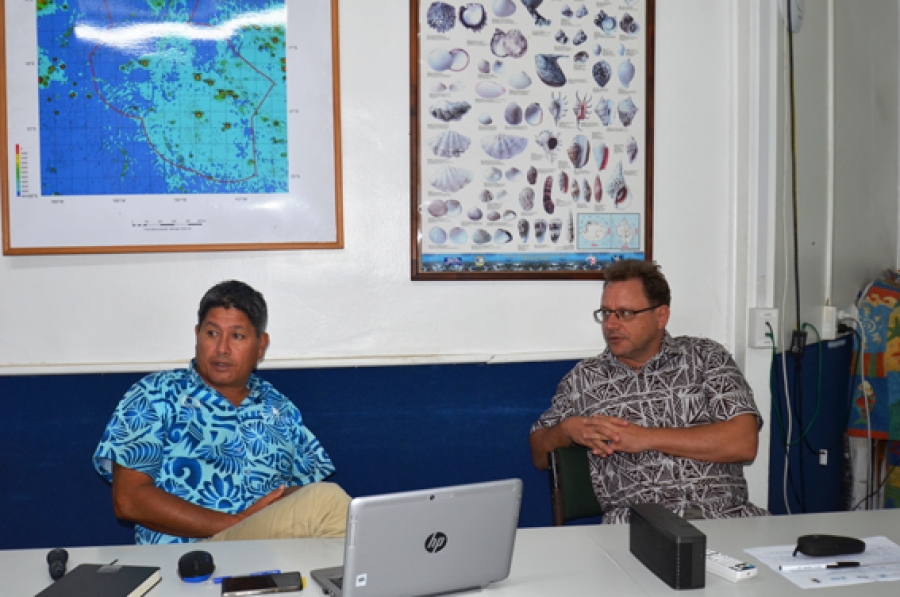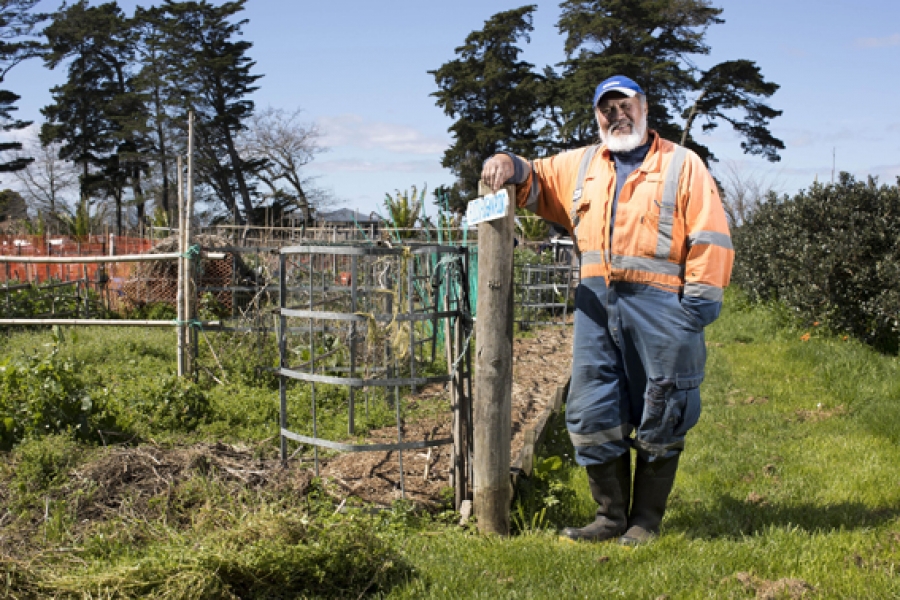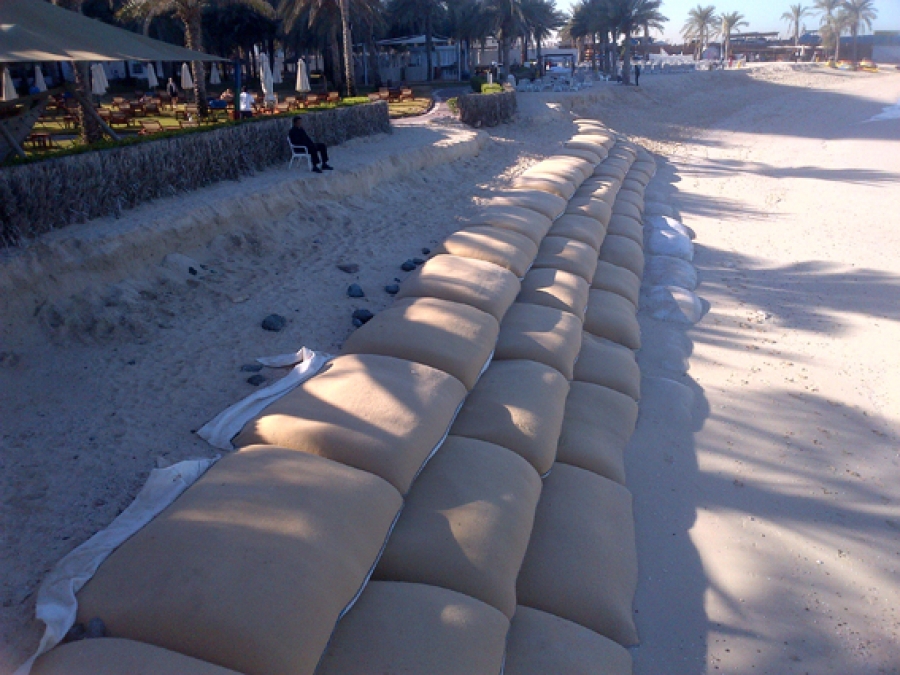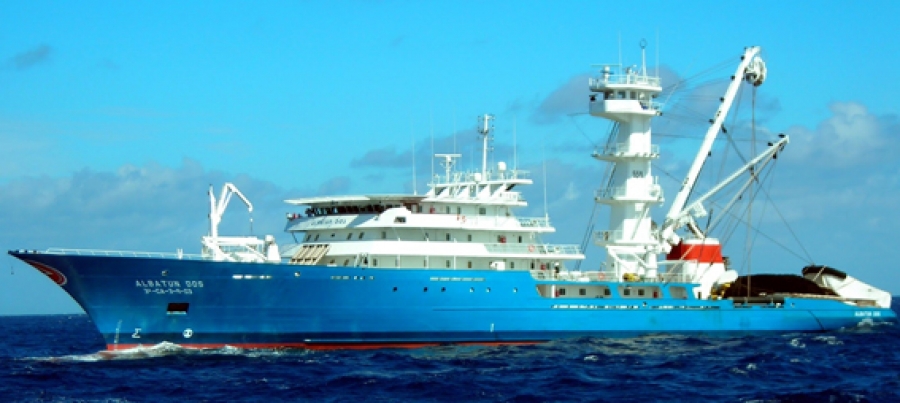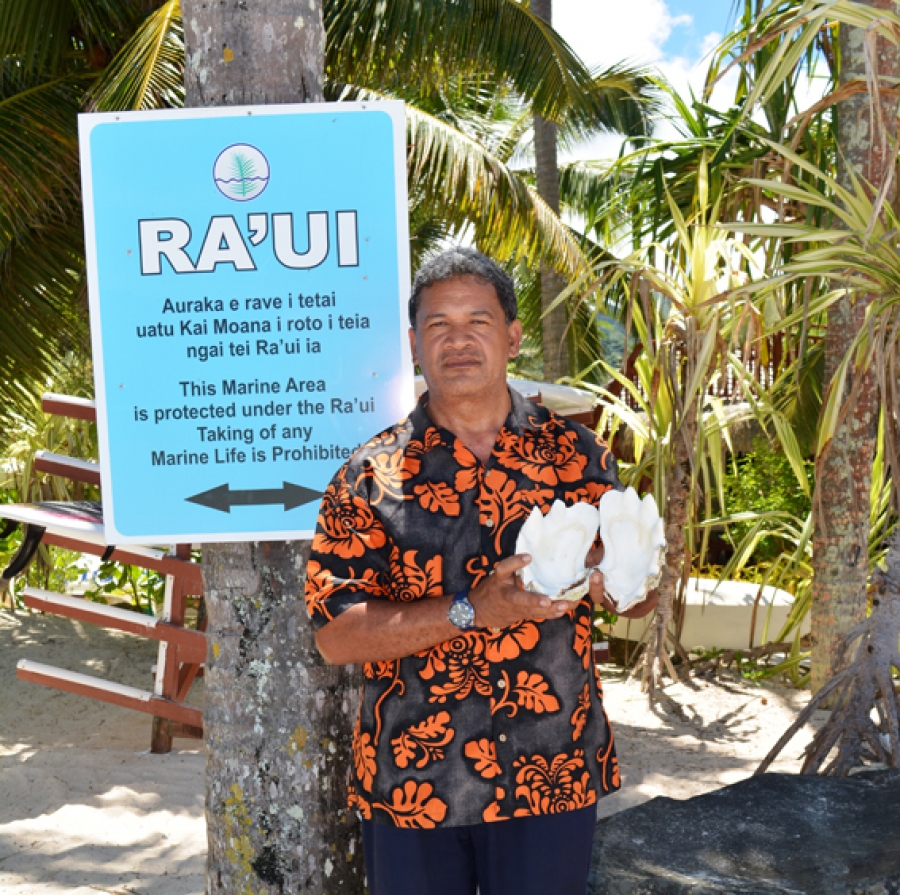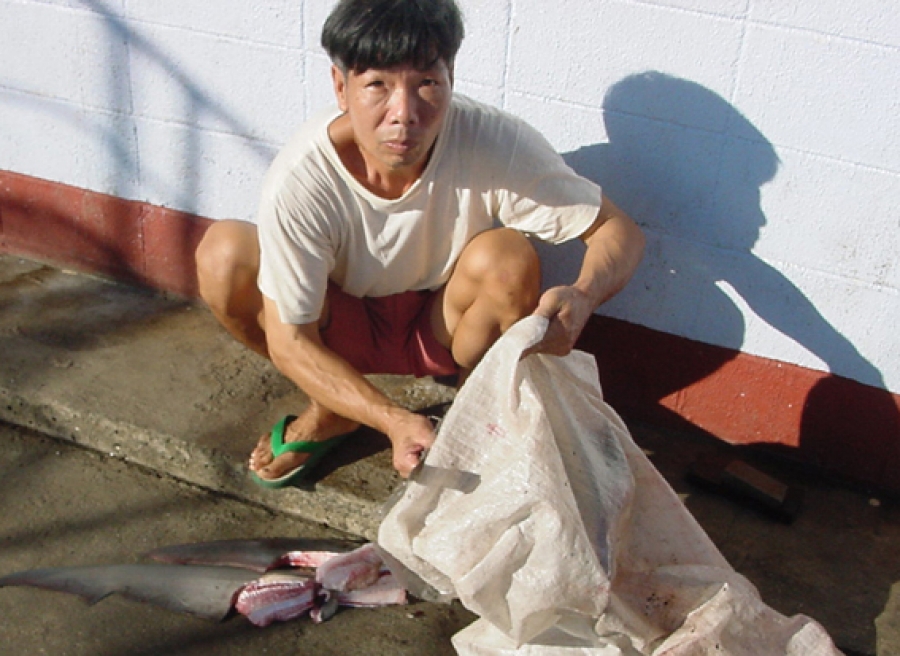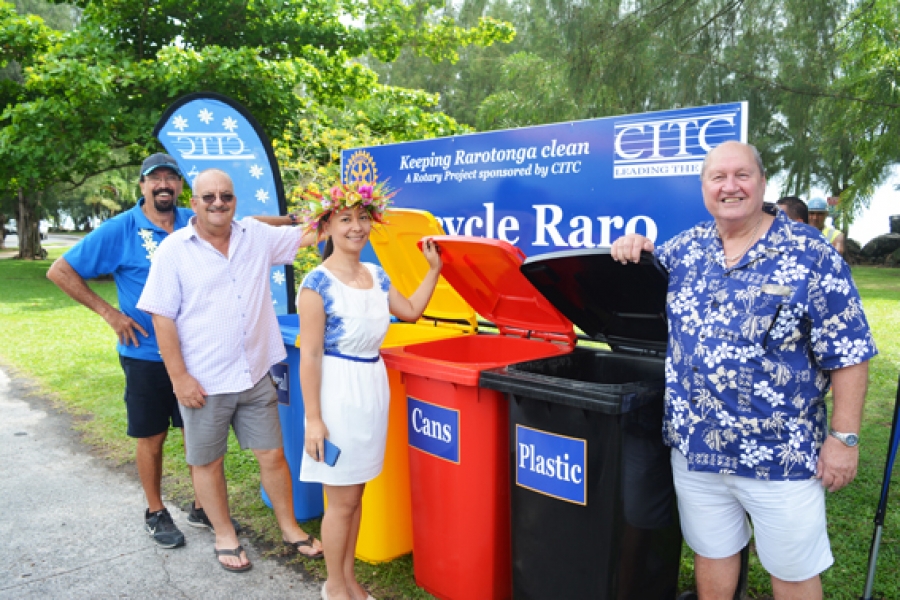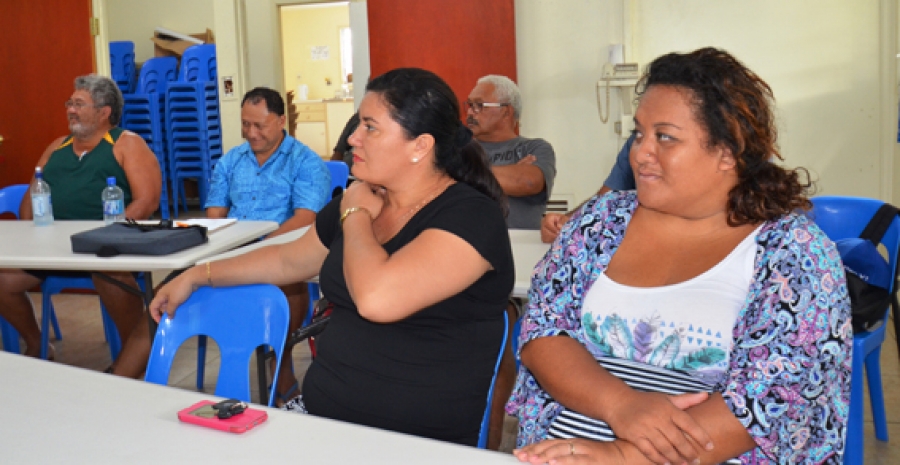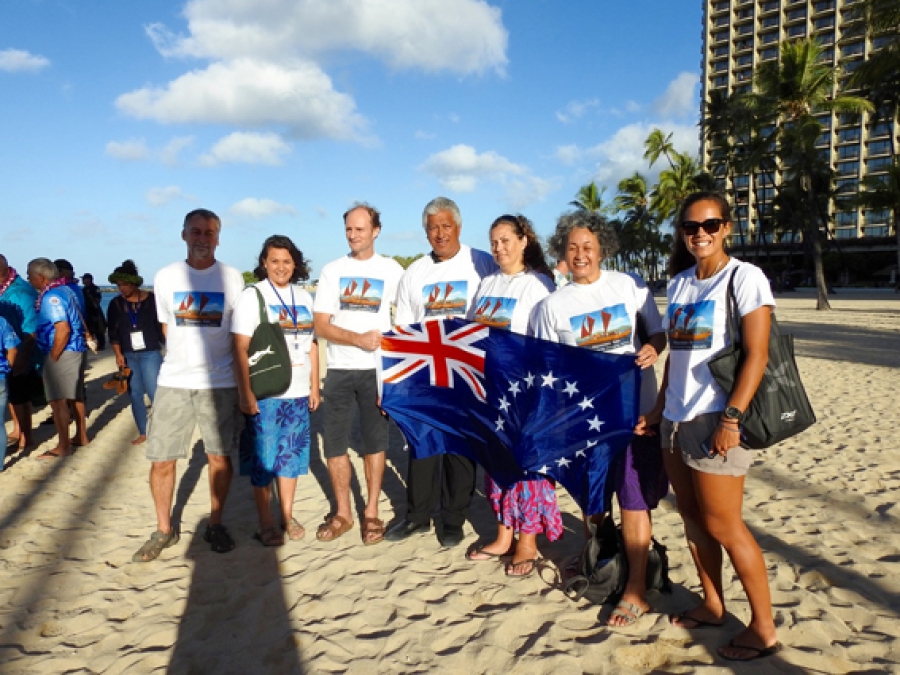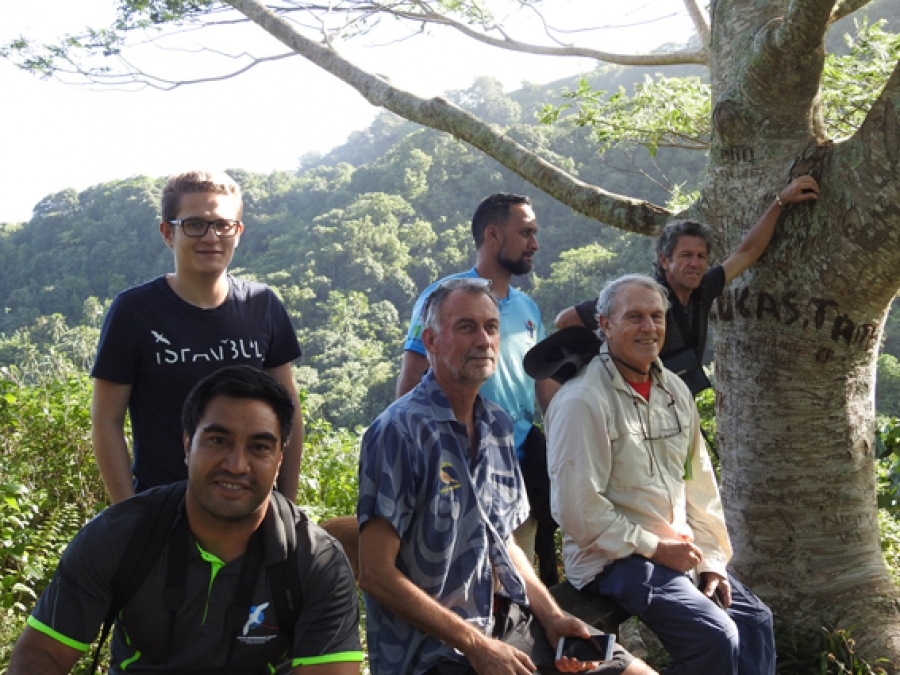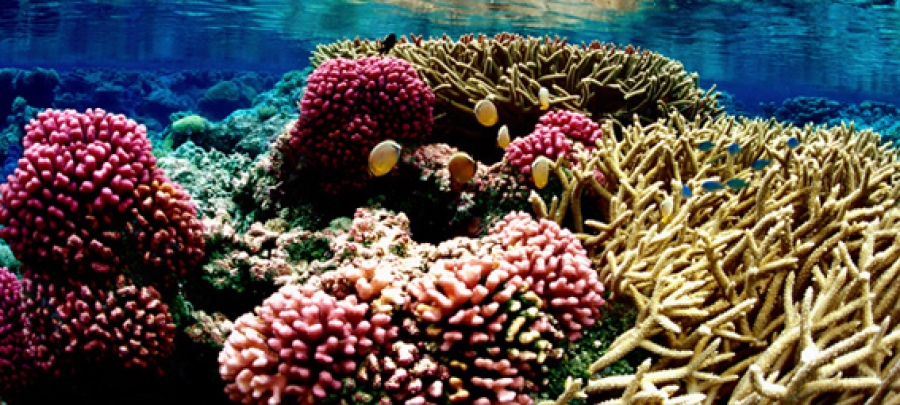Environment
Landfill most viable rubbish option
Tuesday 17 January 2017 | Published in Environment
An INVESTIGATION into alternative methods of rubbish disposal has concluded that a landfill remains the most viable option for waste disposal in Rarotonga.
Now you can get rid of those rusting wrecks
Monday 16 January 2017 | Published in Environment
This weekly column is provided by Te Ipukarea Society. It deals with conservation and environment matters of concern to the Cook Islands.
How to conserve bigeye tuna stocks
Monday 28 November 2016 | Published in Environment
World Fisheries Day for 2016 came and went on Monday, November 21.
80pc of lagoon weed due to nutrients
Monday 21 November 2016 | Published in Environment
Scientific data is pointing to ground water nutrient discharge being responsible for 81 per cent of Disolved Inorganic Nitrogen (DIN) in Muri Lagoon.
Working hard to reduce waste
Monday 21 November 2016 | Published in Environment
TE IPUKAREA Society Project Officer Liam Kokaua visited the Cook Islands General Transport (CIGT) Recycle Centre this week to see the work they are doing to reduce the amount of rubbish going into our Rarotonga landfill.
Metua's gardening skills recognised
Monday 31 October 2016 | Published in Environment
When Metua Aerenga heard from his brother about a community garden near his home in Mangere, he decided to check it out.
The right way to protect foreshore
Monday 24 October 2016 | Published in Environment
This weekly column is supplied by Te Ipukarea Society. It deals with environmental and conservation matters of interest to the Cook Islands.
Cooks footprint for bigeye said to be 'extremely small'
Friday 21 October 2016 | Published in Environment
THE SUBMISSION says purse seine fishing is one of the most common forms of commercial fishing in the Western Central Pacific and has been occurring in the Cook Islands since 1987 when the government signed the US Fisheries Treaty.
Call to respect ban on fishing in reserve
Tuesday 18 October 2016 | Written by Losirene Lacanivalu | Published in Environment, Local, National
Matatapu Ru Samuel, the speaker for the Kau Mono o Manava Nui Mataiapo, has called on the people of Rarotonga to not disturb the ra’ui area at the Rarotongan Beach Resort and Spa.
E-waste recycling comes with a cost
Monday 17 October 2016 | Published in Environment
This weekly column is supplied by Te Ipukarea Society. It deals with environmental and conservation concerns in the Cook Islands.
Why we need sharks in our marine environment
Tuesday 4 October 2016 | Published in Environment
With the recent news of shark culls being planned or already underway in some of our Northern Group islands, Te Ipukarea Society this week presents an article on the very important role of sharks in our marine environment, borrowed from Sharksavers.org.
Helping to keep town clean and tidy
Tuesday 20 September 2016 | Published in Environment
In A bid to keep Rarotonga clean, the Rarotonga Rotary Club and CITC last week launched the Recycle Raro bays in Avarua.
Growers urged to increase output
Tuesday 20 September 2016 | Published in Environment
THE COOK ISLANDS agricultural sector is unable to meet a target of being able to grow at least 20 per cent of the food needed to feed the nation’s population.
Another exciting week for whale research team
Monday 19 September 2016 | Published in Environment
It’s been yet another exciting week for the whale team on Rarotonga.
Busy time for TIS at key Hawaii meeting
Monday 19 September 2016 | Published in Environment
THE WORLD’S largest gathering of conservationists took place at the IUCN World Conservation Congress was held from September 1 to 10, in Honolulu, Hawaii.
A planet at the crossroads...
Saturday 3 September 2016 | Published in Environment
THIS WEEK sees the start of the International Union for the Conservation of Nature (IUCN) World Conservation Congress (WCC) in Honolulu, Hawaii.
Reusable bags protect island environment
Wednesday 31 August 2016 | Published in Environment
QUALITY meats supplier Prime Foods is beefing up its environmental initiatives by introducing the Prime Foods re-useable bag.
Draft bill deserves clarification
Saturday 13 August 2016 | Published in Environment
`The MARINE Resources Act 2005 is 56 pages long. The revised 2016 Draft Act is now open for public consultation and is much longer, at 83 pages. What a great opportunity for people to comment and for government to get it right! However, it is most unlikely that many people will have the time to go through the new bill in much detail, so Te Ipukarea Society has highlighted a few areas that the public may be concerned about or wish to seek clarification on. We believe that, similar to the current Act, there is far too much power designated to the secretary of Marine Resources and/or the minister in this draft. There needs to be provision for more accountability, for example through a committee or authority with more than just an advisory role. Recent controversy surrounding the initialing of the EU Sustainable Fisheries Partnership Agreement by the Marine Resources Secretary, against the advice of the Ministry of Foreign Affairs, as well as the recent conviction of a former Minister of Marine Resources relating to the issuing of foreign fishing licenses, speaks volumes for the sort of problems that can arise when too much power is placed in the hands of one or two people. Cabinet also too often agrees to what is proposed by the secretary and minister without a thorough independent analysis of the content. Another interesting addition to the revised bill is the inclusion of the clause stating that the Government cannot be prosecuted for an offence under this act. It would be good to understand why the inclusion of this clause was thought necessary? Something else included in the new draft bill is a section on Marine Reserves and Parks. This will lead to confusion, inconsistencies, and contradictions. The Ministry of Marine Resources are well aware that a marine park has been declared by the prime minister for the whole of the EEZ. He has also promised 50 nautical mile (90km) protection zones around each island. A Marae Moana Policy has also been approved by cabinet and there is legislation to be drafted for the Marae Moana Marine Park. The inclusion of separate section in the draft Marine Resources Bill on marine parks is likely to lead to duplicate or contradicting legislation under that Act. This part of the 2016 Draft Act should be removed as there is a conflict of interest for a Ministry whose main aim, based on recent press releases, appears to be maximising financial revenue from selling access to our fishery resources, rather than conservation of our resources for future generations. A number of other things included in the new draft need clarification. These include: The draft covers living and non-living resources. There should be some clarification about the role of sea bed mining legislation which also covers non-living resources. There is a clause which states that this act prevails over other Acts if there is any incompatibility or inconsistency. What happens if some other Act has this same clause (ie our act prevails over yours?) There is a provision to establish a Fisheries Advisory Committee of at least five people, plus the Secretary of Marine Resources as the chairman. These people are appointed by the minister, which means the appointments could be political. There needs to be a system to ensure balance in the advisory committee. For example where expertise is available in the non-government and private sector, it should be included. The committee also should have more than just an advisory role, as mentioned above, and the secretary of Marine Resources is not the right person to chair this committee. Section 22 of the draft bill is very good, as it prohibits fishing vessels from polluting our waters by discharging sewage or throwing their non-biodegradeable rubbish over the side. Fines up to $500,00 can be imposed. The big question, though, is how do we enforce the rule? People may recall the large amounts of rubbish that recently washed up on Pukpuka after being thrown over the side of fishing boats. There is also a section on a Quota Management System (QMS) rather than an effort control system (eg limiting the number of fishing days for purse seiners). While in principle this is a good idea, in practice it will not work as we do not have sufficient means to determine ho much fish are being caught. The current Vessel Monitoring system allows MMR to see how many days the boats are actually fishing, but does not show how much they catch. Until monitoring improves and we are sure a QMS system is giving reliable data, an effort based control is likely to work best for us. There is a section on licensing which says the Minister or Secretary may attach to ANY license conditions necessary for proper management of the fishery. This is inconsistent with the wording in the European Union Sustainable Fisheries Partnership (purse seining) agreement). In that agreement the Cook Islands cannot grant more favourable conditions to any other vessel than those granted under the EU Agreement. There are a number of other issues that also need clarification, but there is a limit to space available in today’s paper. Te Ipukarea Society will send their submission direct to the Ministry for their consideration. If anybody would like to hear more from us directly email us at info@tiscookislands.org
Impressions of a TIS intern
Saturday 6 August 2016 | Published in Environment
HOW DOES climate change affect the Cook Islands?
Mana Tiaki programme underway
Sunday 31 July 2016 | Published in Environment
EARLIER this month, Te Ipukarea Society staff and executive committee hosted the Mana Tiaki – ‘Protect a Little Paradise’ official launch night at The Islander in Nikao.


